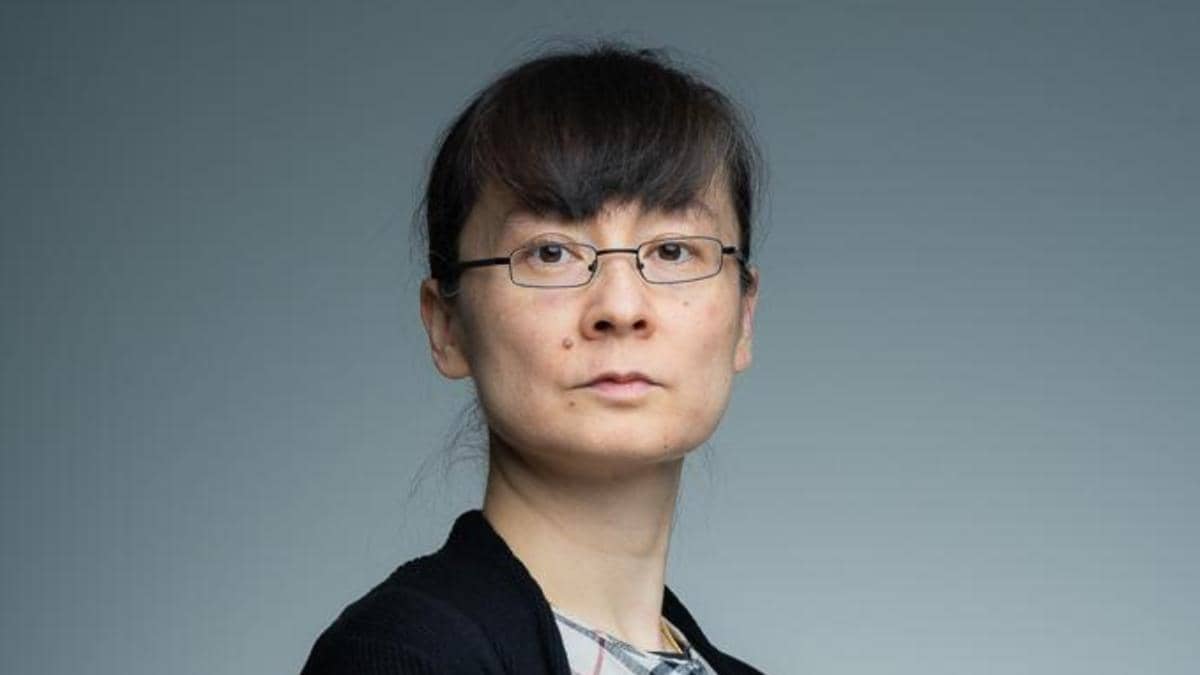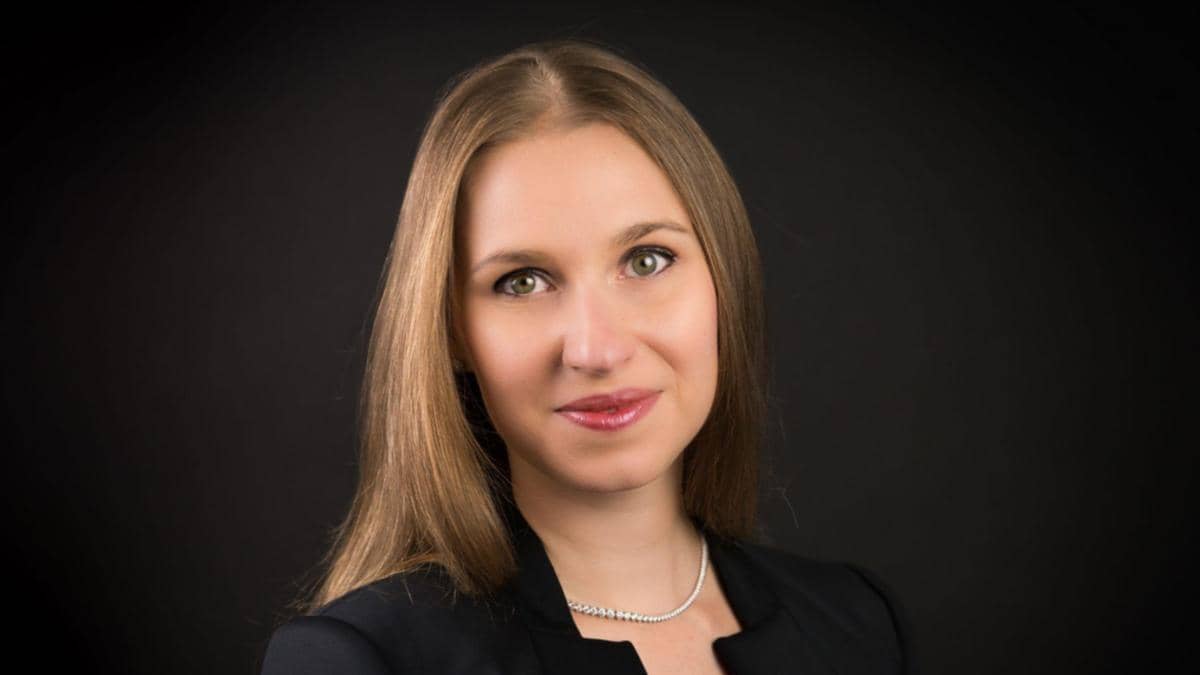Neil Clare from FundQuest – Fund Selector of the Month

21 APR, 2021
By Constanza Ramos
Neil Clare is our Fund Selector of the Month. Mr. Clare has 25 years of investment experience, all focused on fund research. He has been with FundQuest and its predecessor Investment Manager Selection (IMS) since 2002 as a Senior Analyst. He is responsible for the selection of equity funds used by BNP Paribas Group worldwide in Global Equity, Global Impact/ESG, Disruptive Global Themes, and the US equity. Previously, he was responsible for the selection of Pan Europe Equity funds for 10 years and has achieved annualised alpha of over 3% across the Pan Europe Equity model portfolio over the period. He has been a CFA charter holder since 2003.

What do you think leads to success in the fund industry? Can you give some advice for people starting a career in manager selection?
In my opinion, a good fund selector is someone who is both curious and sceptical by nature, which enables them to ask fund managers the key questions and look through any marketing that may take place. Curiosity is also important as it encourages out-of-the-box thinking to seek out opportunities for clients. Also to be successful you need to have good intellect so that you can challenge and have a constructive dialogue with fund managers, and have a strong passion and motivation for investing to select the best funds out there. For young professionals starting in manager selection, I would recommend studying for the CFA program as this will give them a good grasp of markets and sound technical skills in order to understand the language often used in the investment world. Also, I would encourage them to go along with more experienced colleagues to as many fund manager meetings early in their career to understand more about investment processes, decision making, and risk management.
What is the greatest challenge as a fund selector in Global equity, Global ESG, and thematic funds?
I would say managing my time is the biggest challenge in my role given the wide choice of available fund options in the asset classes under my coverage as well as a significant number of new fund launches in the space. I have around 40 funds that I am recommending for clients as well as following another 30-40 closely, which means that I need to be disciplined in terms of which additional meetings I undertake. Salespeople are constantly bombarding me to look at their funds, which is fine as it puts them on my radar screen, but they often fail to understand that every meeting is time-consuming as it does not just entail the meeting itself but also involves preparation time (which is key to a good meeting) as well as time to write a detailed meeting note (which is key to forming an opinion). Nonetheless, I am a firm believer in doing as many meetings as I can because speaking and engaging with the fund managers, preferably on-site, is the part of the job I enjoy most and where one can learn about key themes and developments taking place in the industry. One of my key strengths historically has been selecting newer funds which in time become the future top-performing funds and the key to doing this is to do a lot of manager meetings as well as pattern recognition. Overall, I probably do around 200 fund manager meetings per year (mostly 1-1 onsite but now Zoom calls during the pandemic), which I would say is at the higher end of the range versus peers.
Taking into consideration the current market situation, what is your advice to investors? Which key industry trends (e.g. ESG, new technologies) do you think will perform better in 2021?
I always encourage investors to take a longer-term perspective with their investments and have some balance to build a more all-weather portfolio. We tend to spend a lot of time clustering funds (based on their past performance behavior in bull and bear markets) to classify them in the correct peer groups to ensure you are comparing funds versus directly comparable peers. Then my job is to select my best convictions across the different peer groups so that at the end of the day we are offering clients a good diversified list of options. My advice for clients is to build a barbell across our favored aggressive, defensive, growth, and value managers and then tilt the portfolio to suit the prevailing market outlook. This should lead to more steady outperformance.
In recent years, for asset managers, ESG integration has moved from “nice-to-have” to “must-have” which has clearly been accelerated by COVID-19. Going forward it will become mission-critical. One area we are looking to strengthen exposure is in Global Equity Impact funds which target companies that have a positive impact on society. They aim to generate a positive social and/or environmental change alongside a financial return. Many are linked with the UN Social Development Goals (SDGs). In this space, I am seeing a lot of new funds coming onto the market so it is relatively early but if the strong momentum in ESG investing continues it will become an area that attracts a lot more investor interest going forward.
Which aspects do you consider most important when selecting an alternative equity fund for a portfolio?
For me, management experience and the quality of the team dynamics are undoubtedly key when it comes to selecting successful funds. That is why it is vital to meet fund managers on-site in their natural habitat so that you can meet multiple members of the team, see their office set-up and assess their investment culture. I tend to focus on the quality of the team rather than team size as I find that teams have an optimum size and rarely function well beyond a certain threshold. This leads me often to have a preference for independent investment boutiques, where team members often have an ownership stake and invest most of their net worth in the strategies they are managing money, creating a strong alignment of interests with their investors. Performance is clearly important too and needs to understandable in the context of the manager’s stated goal. I pay attention to performance versus the broad market index as well as style benchmark index if appropriate and peer group. My preference is for managers who can deliver consistent outperformance versus peers in say four out of five calendar years as then market timing is less important and as I believe every manager can have a year or two when their approach is out of favor (which often creates the opportunity for outsized alpha going forward).
What’s a theme or specific fund that you think could be interesting for investors who like to go off the beaten path?
I would highlight Education, which has been propelled into the spotlight by COVID-19, and we selected an EdTech fund last year for clients to play the digital transformation of the education sector. Education is one of the largest and most important sectors of the global economy and 3x larger than the entertainment and media industry. The online education market is growing by more than 20% a year and is in the early innings - only 2% of the $5 trillion education market globally today is digital, compared to at least 10% to 20% for most other sectors of the global economy, suggesting large growth runway ahead. Access to quality education is number four of 17 UN Sustainable Development Goals (SDGs) so it also offers a strong ESG profile.
What kind of adjustments have you made in your portfolio management so far in 2021?
We have not made any major changes as we were well-positioned before COVID-19 and had a good balance of funds across styles recommended within my coverage areas. Also as we were a relatively early pioneer in ESG and have been recommending ESG funds across all asset classes for a couple of years pre-COVID, this new trend has not caught us out. Nonetheless, I always try to be fertile in regards to looking for compelling new opportunities and have been relatively active among thematic and ESG funds. Areas of interest at the moment include 5G, Cyber Security, Sustainable Technology, and Healthcare Innovation funds, where there have been a number of new fund launches over the past year.


